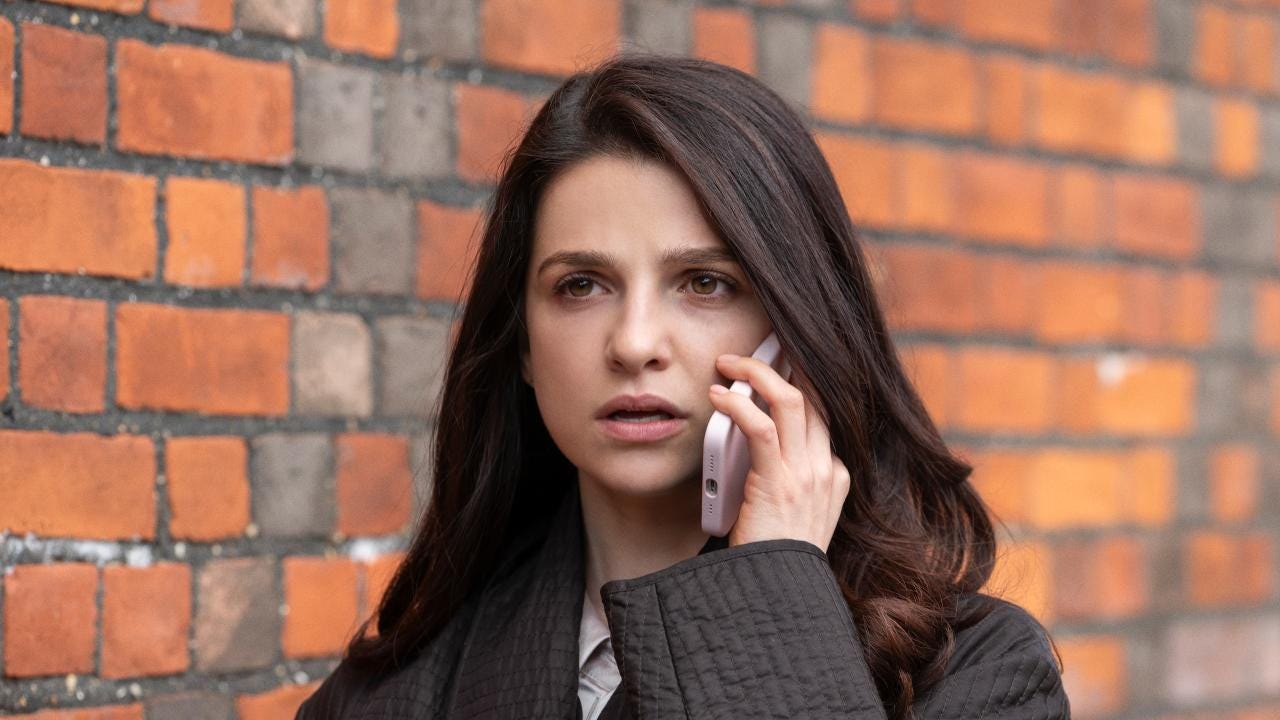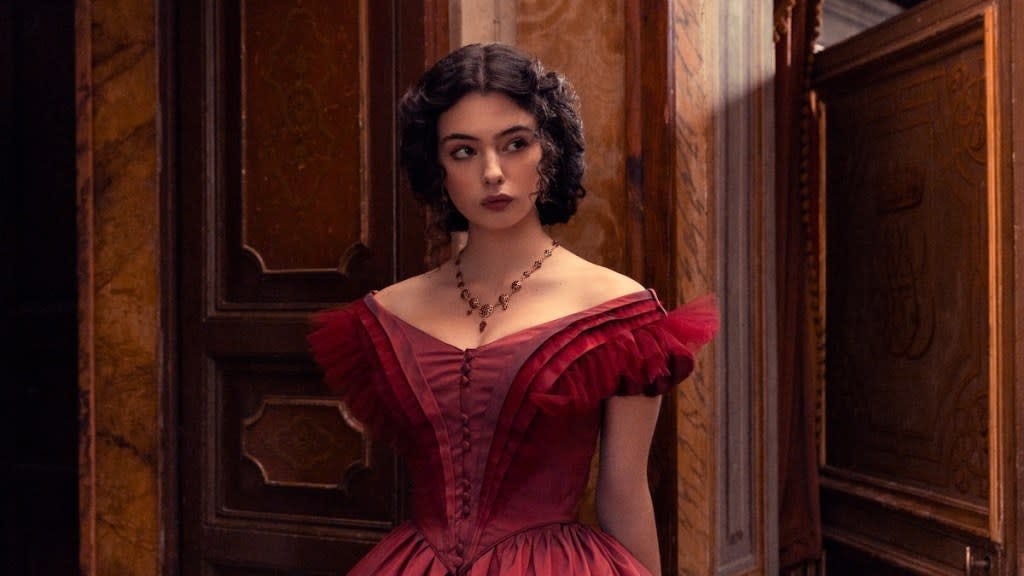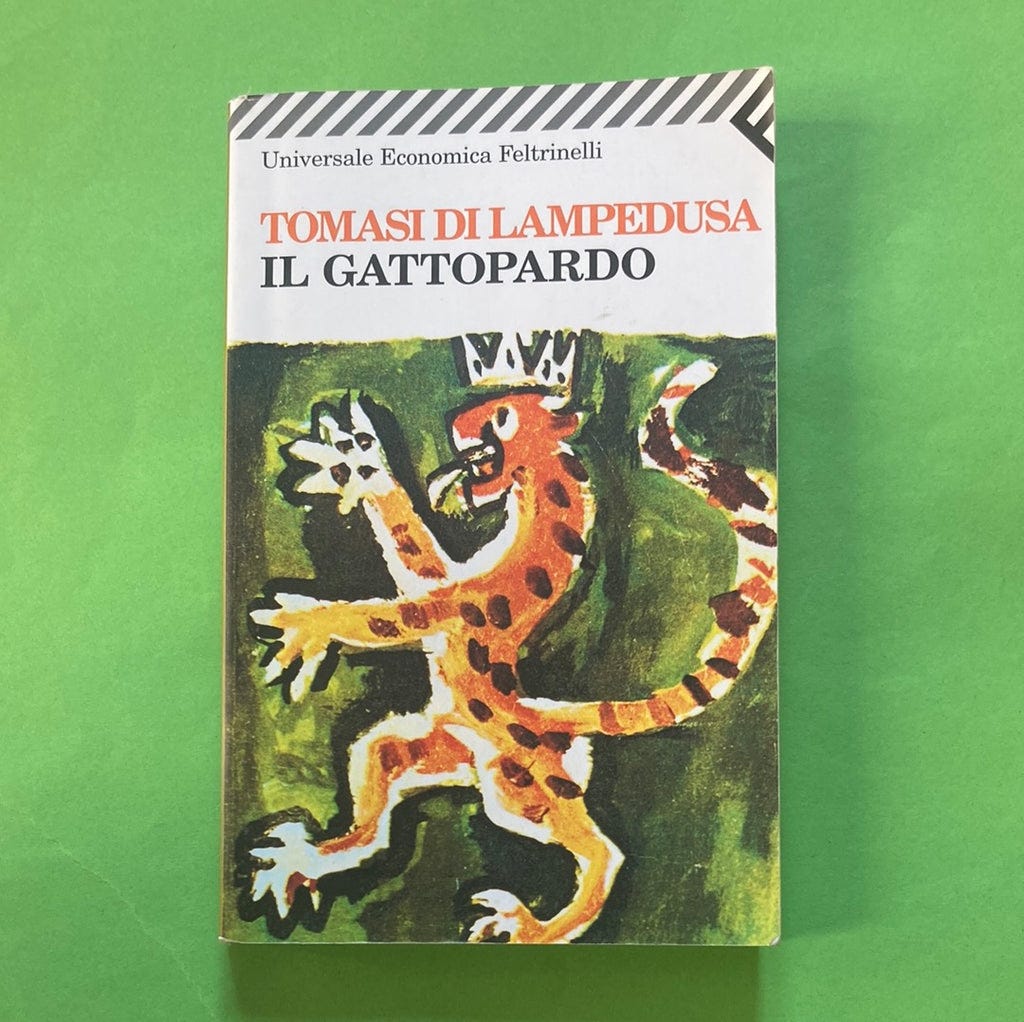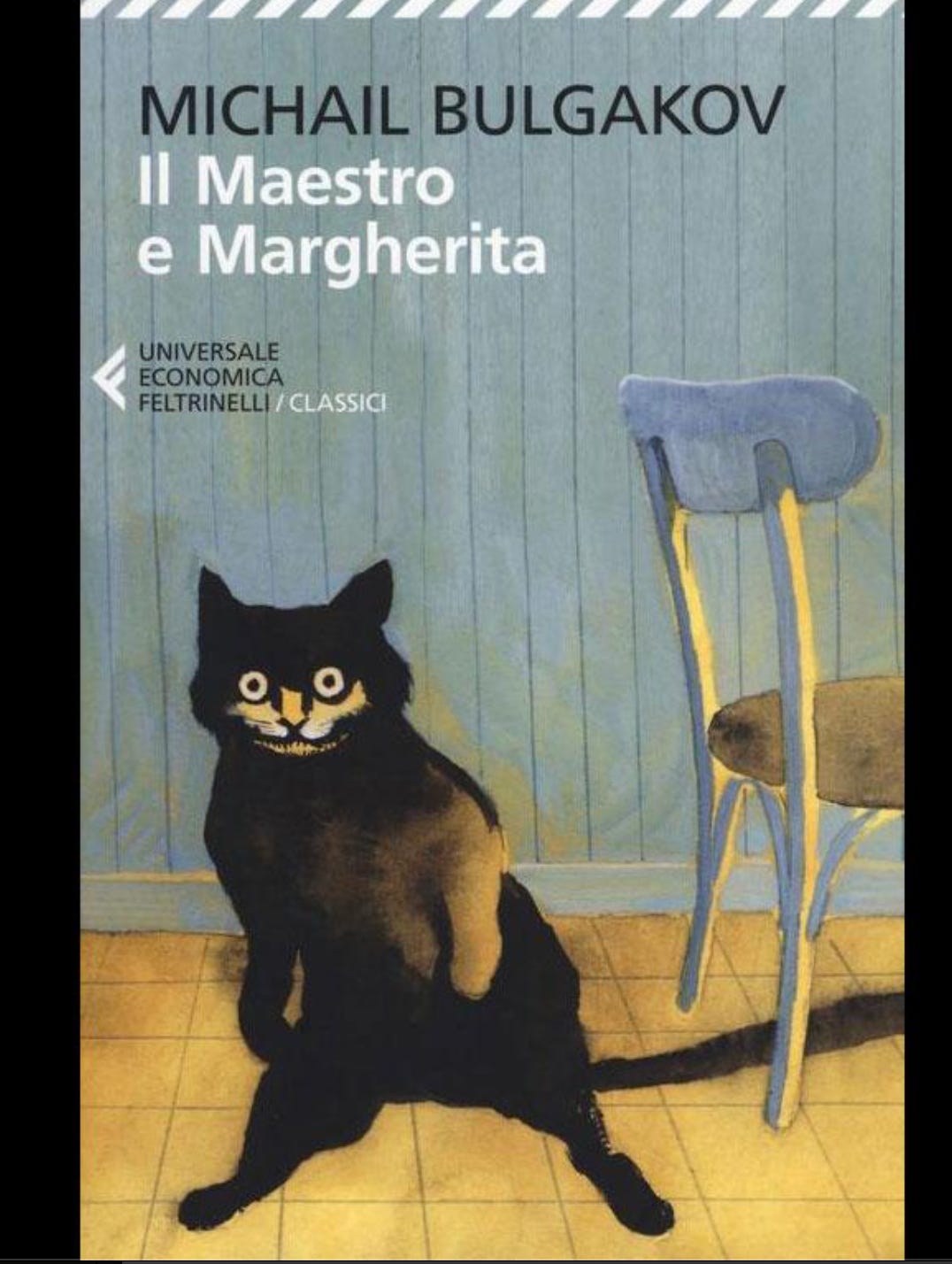“I don’t want to die on the rocks” is what I try to tell the Sicilian captain. He flashes me a toothy smile that’s missing a few teeth as whips the wheel rightward. He’s driving the tiny boat I find myself on, being tossed up and down in the choppy waters of the sea off the coast of Taormina.
There are a number of beautiful caves you can visit by boat, but this is not the kind of boat I’d want to be on. It’s patched in several spots—there’s a green stretch of what looks like astroturf covering what I hope isn’t a hole. But it certainly looks damp. We paid a few euro to get on, bored on a cloudy day and thinking that it would be funny. I dig my nails into the soft wood of the bench, the captain steers us exactly where I don’t want to go. “Well, good luck,” I say, sardonically. He scoffs at me and mutters something I don’t understand.
Italians do not say “buona fortuna,” a literal statement of ‘good luck.’ It’s considered bad luck to say anything besides “in bocca al lupo.” This literally means “in the mouth of the wolf,” to which you should respond “crepi!” which is meant as “may the wolf die.”
The origin of this is debatable. Some say it’s from the founding story of Rome: Romululus and Remus were two human orphans taken in by a wolf mother. Canines protect their young by pulling at the scruff of their neck, using it to safely carry them or tug them back from a dangerous situation. In the mouth of the wolf, you are safe. But then why would the wolf die?
Perhaps Wikipedia should be believed, that the phrase came from something like hunters wishing one another luck before a perilous outing. Or that wishing one luck by conjuring violent imagery is actually common across several cultures. I like the image of the human pup in the big wolf’s mouth though—safely sandwiched between her canines. Maybe “crepi” is to wish that the other wolf, the proverbial wolf that represents the challenge, would die. So one can always stay safe, cradled in the jaws of their protector.
I’ve developed a bit of an oral fixation. In trying to learn Italian, one can make good use of “bocca,” the mouth. A few of my favorites idioms to throw around:
acqua in bocca = it’s a secret, keep your both shut
di bocca in bocca = the rumor mill, from one mouth to another
il mattino ha l'oro in bocca = the morning has gold in its mouth, every new day holds promise
The last one is also the title of an Industry episode from last season, which really jumped the shark. But I love watching a woman ruin her own life so shoutout to our polyglot queen Yasmin.
Maybe you want a creature that’s slightly more slinky and rare than the wolf. The Leopard just came out on Netflix—an adaptation of Sicilian author Tomasi di Lampedusa’s classic novel Il Gattopardo, which tells the story of a high society family losing power on the island after the unification of Italy in the 1860s. The leopard himself is the family’s patriarch, Fabrizio. Like most Italian men, he snarls, cheats, leers, lies, and cries at the drop of a hat. Fabrizio and his kids cannot escape their fate, they can only watch themselves become relics of another time. The Leopard shows Sicily as a wild place. Many try to claim and tame it, but all are doomed. Watch it if you like period dramas, sexy Italians, girls breaking out of the nunnery, and if you want to see Monica Belluci and Vincent Cassel’s gorgeous daughter in a corset…
I love the novel’s cover. It led me to discover a bunch of covers by the same publisher that I find simply perfect.
We went to Sicily on our delayed ‘honeymoon’, a sort of cursed trip from the start. I tried to pack too many things into it—Barcelona, then Rome, then Taormina. On our second night in Barcelona I felt sick. The next day, I cried for my mom. I was feverish and delusional in one of the most beautiful hotel rooms I’d ever stayed in—I used “honeymoon” as a threat to get us upgraded to the one with a sun deck and a soaking pool, my karma was swift and severe. A handsomely paid doctor on a house visit said I had two options: go to the hospital in an Uber or get into the ambulance that he’d insist on calling if I did not choose the first option.
By the time we got to Sicily, I was just happy to be alive. That’s the only way I can explain why I got on that rickety skiff. I am quite anti-boat. I have no reason to be at sea. If it’s not docked, it’s not for me. As our taxi wound through the hills on the drive to our hotel, I looked at the towering palm trees and fluorescent bougainvillea flowers and realized I’d seen all this before—Los Angeles, duh. Many would call my comparison blasphemy but I am correct. L.A. and Sicily share a mediterranean climate (look it up, bitch), a lot of the same flora, winding hills, long highways, and a haunting quality that leaves you rapt and hollow all at once. It’s very Everything is Romantic. Bad tattoos on leather tanned skin, jesus christ on a plastic sign, you get it.
Even Freud was spooked by Sicily, the same way many find themselves ~hating~ Los Angeles after they take a trip their and find the veil has slipped. From Jamie Mackay’s the Invention of Sicily:
Shortly after returning to Vienna, the psychoanalyst was struck by an intense bout of paranoia and began to doubt his professional vocation. Later in life he came to view Sicily as a place where the unconscious and conscious minds become muddled: a limit point of the Ego itself.
Wanting to quit your job after you vacation in Italy? Relatable.
Lately I really want to go back. I know a few words of Italian now and I could tell the boat captain about my fears (he was just proud that I could tell him my great grandfather, my bisnonno, was Sicilian, so I think he’d be very impressed now). If Sicily is a beast, I crave the warmth of its mouth.








